List of Partners
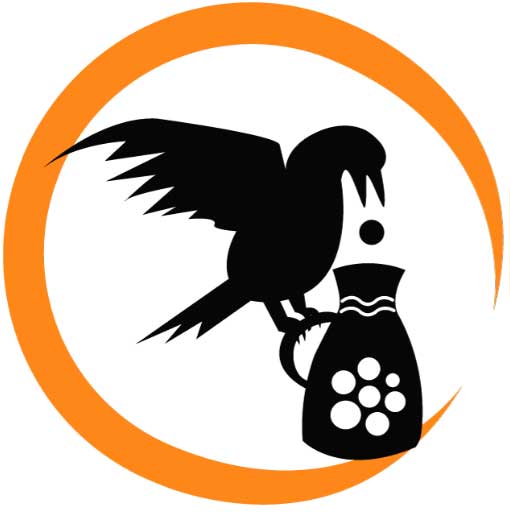
Center for Conservation Innovation Ph Inc. (CCIPH)
The Center for Conservation Innovation Ph Inc. (CCIPH) is a non-profit NGO that was set up to help enable and accelerate the achievement of effective and sustainable biodiversity conservation. CCIPH is an enabler and aims to be a consolidator and broker of conservation capacity, innovations and successes through the development of partnerships and capacity- building for science-based, nature-inspired, and socially appropriate conservation strategies.
Established in 2015, CCIPH is the new legal local entity that evolved from the Fauna and Flora International Philippines (FFI PH). CCIPH will continue the program of work of FFI in the Philippines as an independent NGO.
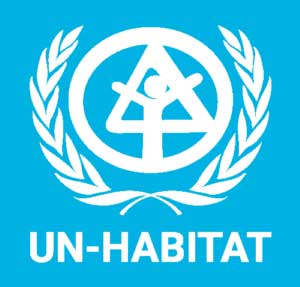
United Nations Human Settlements Programme (UN-Habitat) Philippines
The United Nations Human Settlements Programme (UN-Habitat) is mandated by the UN General Assembly to promote socially and environmentally sustainable towns and cities. UN-Habitat is the focal point for all urbanization and human settlement matters within the UN system.It works with partners to build inclusive, safe, resilient and sustainable cities and communities. UN-Habitat promotes urbanization as a positive transformative force for people and communities, reducing inequality, discrimination and poverty. UN-Habitat’s strategic plan 2020-2023 adopts a more strategic and integrated approach to solving the challenges and opportunities of twenty-first century cities and other human settlements.
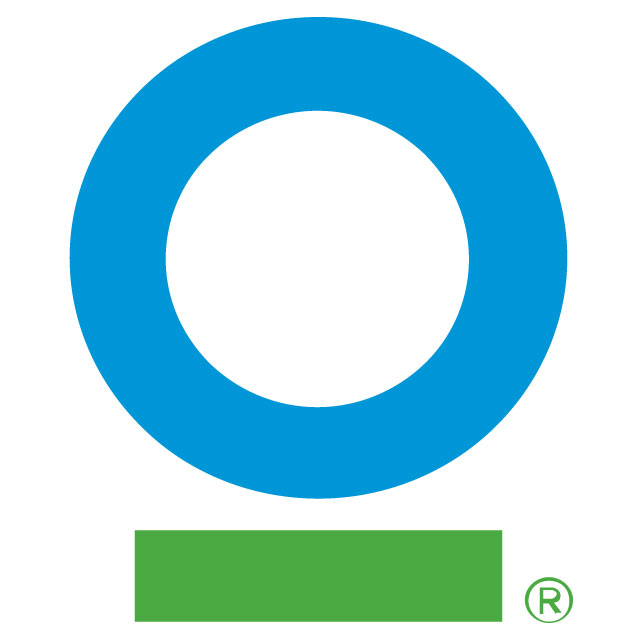
Conservation International (CI)
Conservation International is an American nonprofit environmental organization headquartered in Crystal City, Arlington, Virginia. CI’s work focuses on science, policy and partnership with businesses, governments and communities.Since 1987, Conservation International has worked to spotlight and secure the critical benefits that nature provides to humanity. Combining fieldwork with innovations in science, policy and finance, they’ve helped protect more than 6 million square kilometers (2.3 million square miles) of land and sea across more than 70 countries.

Deutsche Gesellschaft für Internationale Zusammenarbeit (GIZ)
The Deutsche Gesellschaft für Internationale Zusammenarbeit (GIZ) GmbH is the main German development agency. It is headquartered in Bonn and Eschborn and provides services in the field of international development cooperation and international education work. The organization’s self-declared goal is to deliver effective solutions that offer people better prospects and sustainably improve their living conditions.
GIZ’s main commissioning party is Germany’s Federal Ministry for Economic Cooperation and Development (BMZ). Other commissioners include European Union institutions, the United Nations, the private sector, and governments of other countries. In its projects GIZ works with partners in national governments, actors from the private sector, civil society and research institutions.
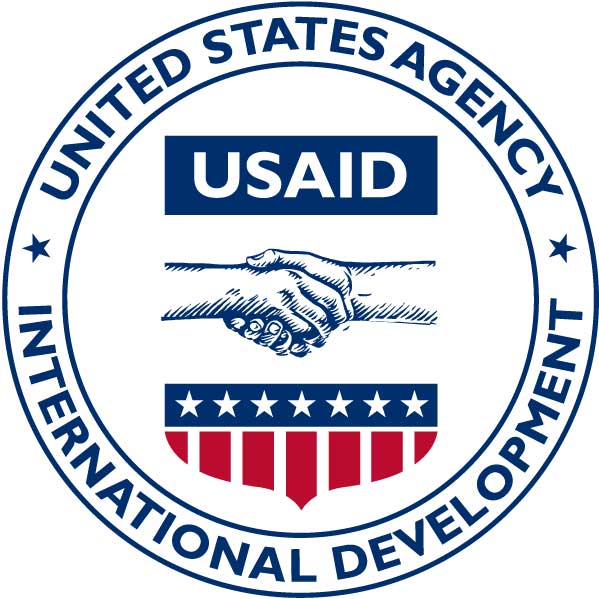
U.S. Agency for International Development (USAID)
The United States Agency for International Development is an independent agency of the U.S. federal government that is primarily responsible for administering civilian foreign aid and development assistance.USAID leads international development and humanitarian efforts to save lives, reduce poverty, strengthen democratic governance and help people progress beyond assistance
President John. F. Kennedy created the United States Agency for International Development by executive order in 1961 to lead the US government’s international development and humanitarian efforts.
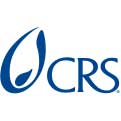
Catholic Relief Services
Catholic Relief Services (CRS) is the international humanitarian agency of the Catholic community in the United States. Founded in 1943 by the Bishops of the United States, the agency provides assistance to 130 million people in more than 110 countries and territories in Africa, Asia, Latin America, the Middle East and Eastern Europe.
A member of Caritas International, the worldwide network of Catholic humanitarian agencies, CRS provides relief in emergencies and helps people in the developing world break the cycle of poverty through community-based, sustainable development initiatives as well as peacebuilding

UP Los Banos
The University of the Philippines Los Baños is a public research university primarily located in the towns of Los Baños and Bay in the province of Laguna, some 65 kilometers southeast of Manila. It traces its roots to the UP College of Agriculture (UPCA), which was founded in 1909 by the American colonial government to promote agricultural education and research in the Philippines. American botanist Edwin Copeland served as its first dean. UPLB was formally established in 1972 following the union of UPCA with four other Los Baños and Diliman-based University of the Philippines (UP) units.
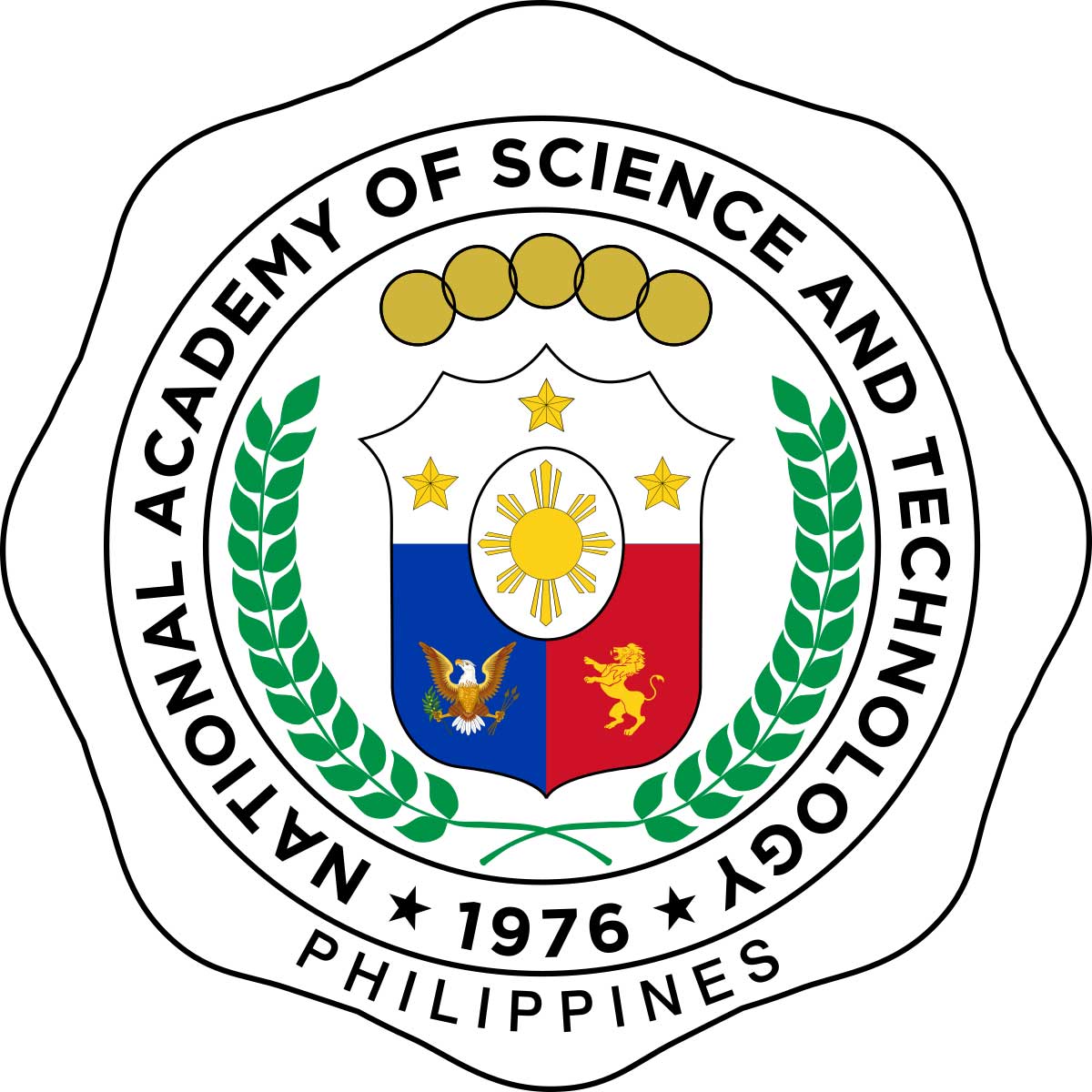
National Academy of Science and Technology
The National Academy of Science and Technology (abbreviated as NAST PHL) is the highest recognition and scientific advisory body of the Philippines under the Department of Science and Technology. It was created through Presidential Decree 1003-A issued by President Ferdinand E. Marcos in 1976 to honor and recognize Filipino scientists who made worthy contributions in the advancement of science and technology in the country. It also recommends individuals to be conferred the Order of National Scientist upon approval of the President of the Philippines.

Resources, Environment, and Economics Center for Studies, Inc. (REECS)
The Resources, Environment, and Economics Center for Studies, Inc. (REECS) is an all-Filipino private consulting firm duly registered with the Philippine Securities and Exchange Commission since 1992. The Firm traces its roots to the Environmental and Natural Resources Accounting Project, the pioneering venture in 1991 that laid the groundwork for institutionalizing the use of accounting for economically viable natural resource-based services. Through its founding members, REECS has since then stamped a niche in resource and agricultural economics, environment, natural resources management, policy studies, and capacity building, all anchored on participatory and multi-stakeholder approach.
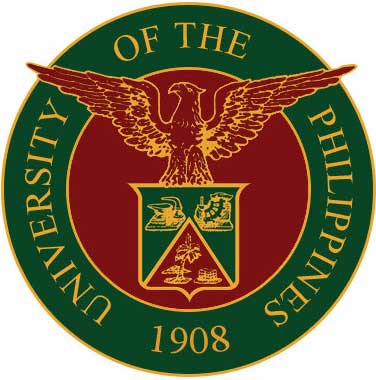
UP Diliman
The University of the Philippines Diliman is a public, coeducational, research university located in Diliman, Quezon City, Philippines. It was established on February 12, 1949, as the flagship campus and seat of administration of the University of the Philippines System, the premier and national university of the Philippines.
As a member of the University of the Philippines System, it is the fourth oldest and is the largest constituent campus in terms of the number of degree-granting academic units, student population, faculty, and library resources.
